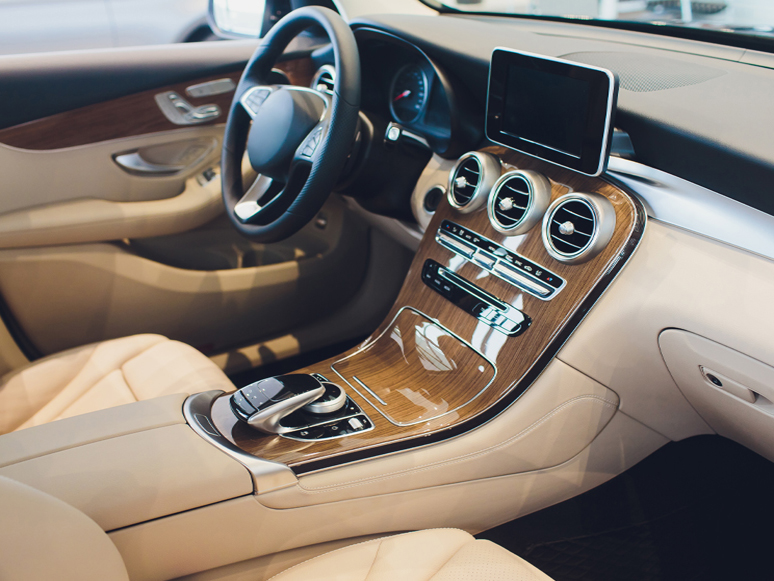logo


11th Apr, 2023

It’s FBT time again, and for the 2022–2023 FBT year it’s important to remember that your business may be able to get an exemption for certain eligible electric vehicles made available for the private use of your employees.
To meet the conditions for exemption, the car must be either a battery electric vehicle, a hydrogen fuel cell electric vehicle or a plug-in hybrid electric vehicle used for the first time on or after 1 July 2022, even if it was held (owned or leased) before that date, and must be valued under the luxury car tax (LCT) threshold for fuel efficient cars.
For FBT purposes, motorcycles and scooters are not considered to be cars and therefore would not be eligible for the exemption even if they happened to be electric.
If an electric vehicle meets all of the conditions, car expenses such as registration, insurance, repairs and maintenance, and the fuel/electricity to charge cars, will also be exempt. However, a home charging station is not considered a car expense associated with providing a car fringe benefit, so those costs will not be exempt. Businesses will also need to include the value of any eligible electric cars benefits provided when working out whether an employee has a reportable fringe benefits amount.
16th Dec, 2021

The ATO has issued an alert warning taxpayers that it is investigating certain arrangements where entities on-sell luxury cars without remitting the requisite luxury car tax (LCT) amount.
Businesses and individuals who sell cars valued over a certain threshold (the luxury tax threshold) in the course of their business are subject to luxury car tax (LCT). This is a requirement if your business is registered or required to be registered for GST. LCT doesn’t just apply to instances where a dealer is selling a car to an individual or a business – it also applies in instances where a business sells or trades in a car that is a capital asset.
If you’re the seller of a luxury car, whether or not it’s within your usual course of business, you’re required to charge LCT to the recipient, report the associated LCT amount in your BAS and remit it to the ATO by your BAS payment date. You can’t legitimately avoid LCT by selling a luxury car to an employee, associate, or employee of your associate for less than market value, or by giving it away. The LCT value of the car in those situations will always be the GST-inclusive market value.
The ATO is currently investigating arrangements where a chain of entities that progressively on-sell luxury cars have improperly obtained LCT refunds and evaded remitting LCT. Usually, in this arrangement, one of the entities claims a refund of LCT while creating a consequential liability to another entity in the supply chain. One or more of the participating entities down the chain will then not correctly report and pay their LCT liabilities. Finally, these entities will be liquidated to thwart ATO compliance or recovery action.
These arrangements are concerning because they can result in luxury cars being sold without income tax and GST obligations being met. For example, luxury cars could be sold to end-users at more competitive prices with generally higher profit margins, disadvantaging legitimate businesses in the market that are meeting all their tax obligations.